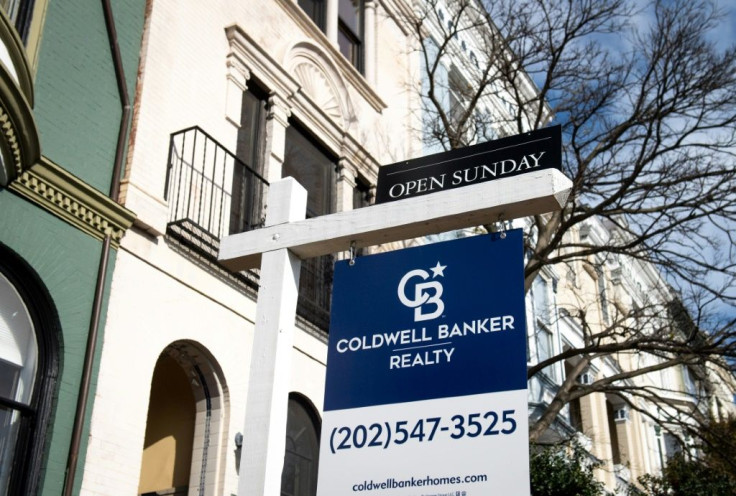Tech And Tokenization Rise To Real Estate's COVID-19 Challenge
Technology has accelerated a trend in the last few years to tokenize illiquid assets such as real estate. Dividing properties into shares to be bought and traded may have started out as a novel experiment to empower more people to invest in buildings that they could never afford to own outright. But now this fractional ownership model is crucial to helping save sectors of the real estate market.
As the commercial and retail real estate sectors reel from the impact of COVID-19, opening opportunities for new investors by lowering the barriers to entry into luxury properties is essential to energize a market so vital to economies around the world.
COVID-19 has upended many industries and left investors with scant opportunities to earn returns with their money. Real estate would normally attract investors seeking higher profits but this year the sector has suffered some devastating blows from repeated COVID-19 lockdowns. Millions of people are out of work and many, without sufficient savings, have struggled to make the rent each month deterring investors from buying into low-income residential properties.
Even for those who have kept a job, they are now accustomed to long periods of working from home. That means commercial properties are used less than ever as their values have cratered. Office owners have faced high vacancy rates while hotel and retail owners have suffered as consumers avoid public venues.
One area that has felt a surprising boom is industrial real estate. Warehousing prices are up, thanks to one of the largest corporations on the planet – Amazon. The e-commerce giant has moved fast to meet the massive demand from consumers making purchases as they are periodically confined at home instead of in a retail store.
Another real estate sector holding up well is luxury multi-family residential properties. As economists predict a possible K-shaped recovery that favors the wealthy, these assets continue to command high and increasing value because their tenants are typically well-protected in times of turmoil due to their savings. In other words, these residential buildings are ideal investment targets and perfect for encouraging new investors to enter the market and help inject life into the economy.
Taking the plunge with tech
But the question is how to facilitate higher numbers of investors to come off the sidelines and put their money into this high-end of real estate? In other words, how can we democratize the investment opportunity beyond the ultra-wealthy? Technology and tokenization is the answer.
The real estate industry is notorious as tech-averse but the pandemic is helping to propel it into the 21st century. In the United States, a National Association of Realtors study showed that technology has become a must with property owners reporting they are now more likely to rely on technology to conduct any sale.

This wider acceptance of technology has led to an embrace of tokenization. Real estate tokenization allows property owners to issue tokens through blockchain technology platforms. These tokens represent a certain amount of ownership for a real estate property. To date, the best-known early example of such a sale was for an $18 million tokenized real estate offering that gives investors a small ownership stake in the St. Regis Aspen Resort, a five-star, 179-room hotel in Colorado. The tokens are bought and sold on one of the popular trading platforms, Tzero, which has seen explosive growth.
During this year's pandemic uncertainty, a dominant trend has been a flight to safety. But the problem with such low-risk safe-haven assets is they typically provide only limited returns. That means investors are starting to warm to new kinds of real estate opportunities as they see the technology making it easier both to enter and to exit a purchase.
They can also take advantage of tax efficiencies. First, they can effectively offset the rental income they earn from a property by deducting the depreciation of the value of the asset. Besides, these investors are also able to reinvest their gains into tokens of a new property without paying capital gains tax.
In a year when economies are struggling and real estate sectors are spiraling, it is encouraging to recognize that not all is bleak. Innovation can unlock new opportunities by reducing high-value properties into fractions. By going small, we might just achieve something big.
(Reema Tandon is the co-founder and chief operating officer of Yoonify, a marketplace for tokenized assets.)
© Copyright IBTimes 2024. All rights reserved.





















